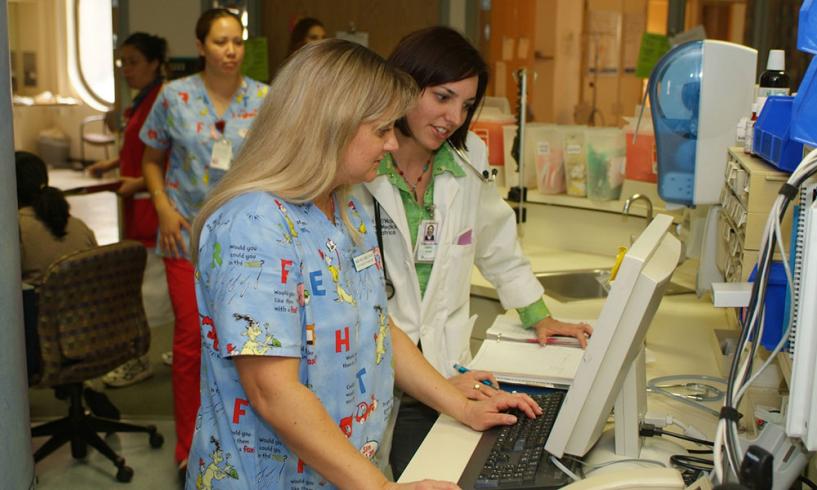Researchers have found that a monoclonal antibody called inotuzumab ozogamicin may help more patients with refractory B-cell acute lymphoblastic leukemia (ALL) proceed to stem cell transplantation. The findings were reported in the New England Journal of Medicine.
Complete remission is often a perquisite for allogenic stem cell transplantation, which is currently the only curative treatment for ALL. Because of low rates of remission, more than 5%–30% of patients cannot receive transplantation.
The researchers randomly assigned patients to inotuzumab ozogamicin treatment (141 patients) or the investigator’s choice of standard therapy (138 patients) in an open-label, phase III trial. After treatment, 41% of patients receiving the test drug proceeded to transplantation, compared to 11% of those receiving standard therapy. Inotuzumab ozogamicin was associated with better survival outcomes, including higher rates of complete remission, longer duration of remission, improved progression-free survival, and improved overall survival, compared to standard chemotherapy.
In the study, complete remission was 80.7% for inotuzumab ozogamicin versus 29.4% for standard treatment. Median duration of remission was 4.6 months versus 3.1 months, respectively. Median progression-free survival was 5.0 months versus 1.8 months, and median overall survival was 7.7 months versus 6.7 months. A total of 78% of patients in the inotuzumab ozogamicin group had results below the threshold for minimal residual disease, compared to 28.1% in the standard treatment group.
Both treatments had similar rates of serious adverse events (48% for inotuzumab ozogamicin versus 46% for standard chemotherapy), the most common of which was febrile neutropenia (12% and 18%, respectively). Veno-occlusive liver disease was more common with inotozumab ozogamicin (15% versus 1%).
The researchers said that the drug is promising as a single agent but believe the most advancements will be made in combination treatments.






